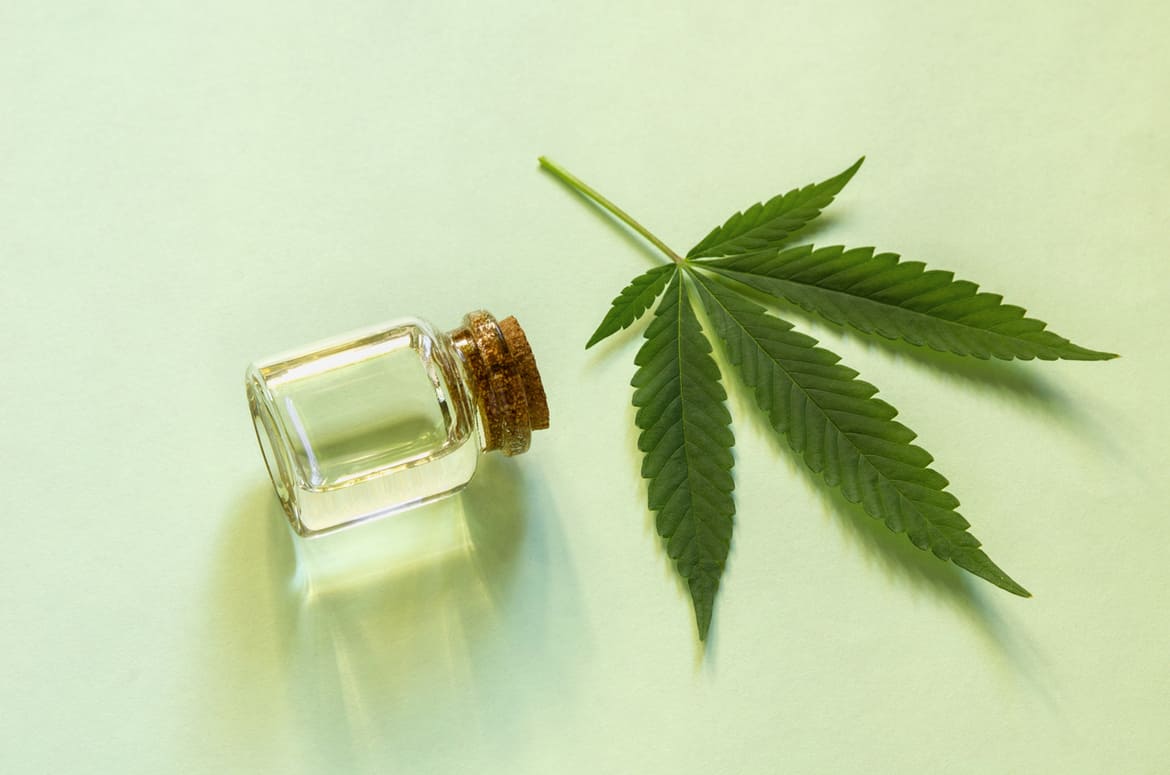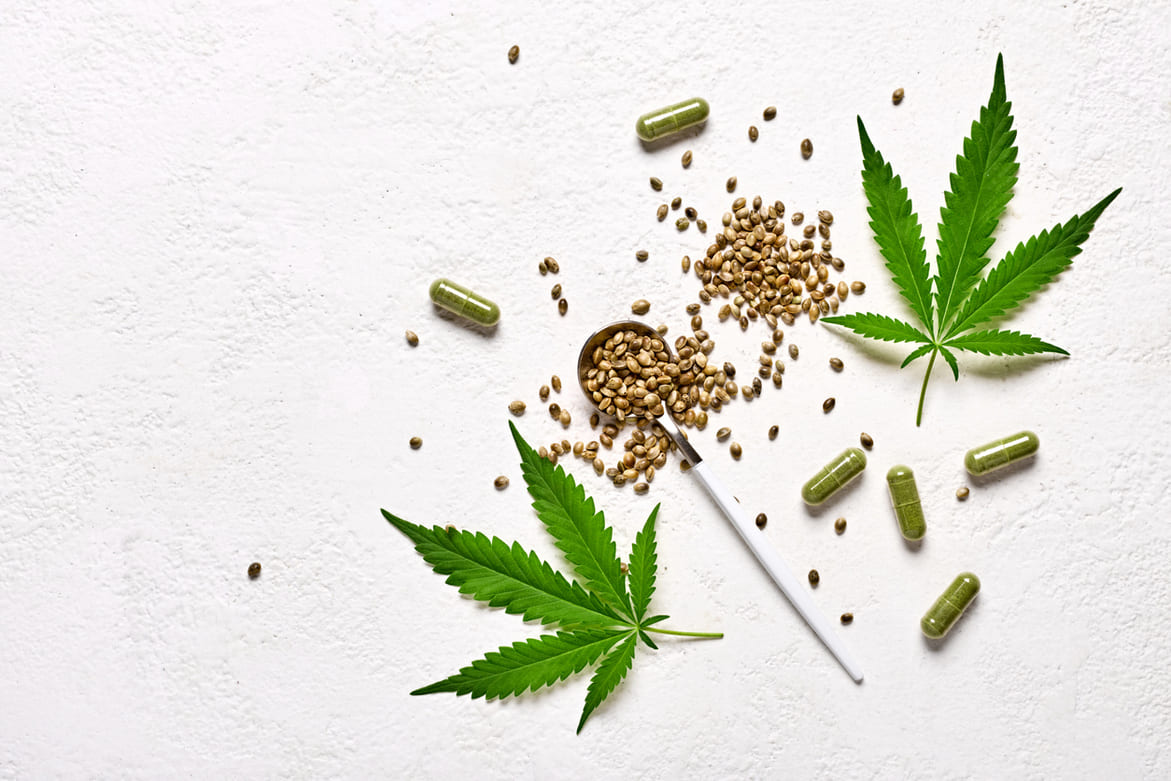CBD, or cannabidiol, is known for its multiple physical and mental health benefits. Indeed, this molecule from cannabis plants is rich in therapeutic properties. Mainly used for its relaxing, anti-stress and pain-relieving properties, CBD does not cause any psychotropic effects or any form of dependency. However, some people question the lack of side effects and possible contraindications related to CBD consumption.
According to the WHO (World Health Organization), CBD does not present any health risk to consumers. It can therefore be used to relieve most everyday ailments with complete peace of mind. Although it presents itself as a healthy and natural ingredient, CBD may not be suitable for everyone. And even though its side effects are rare, they are worth mentioning. Find out in this article what the contraindications are to CBD consumption.



